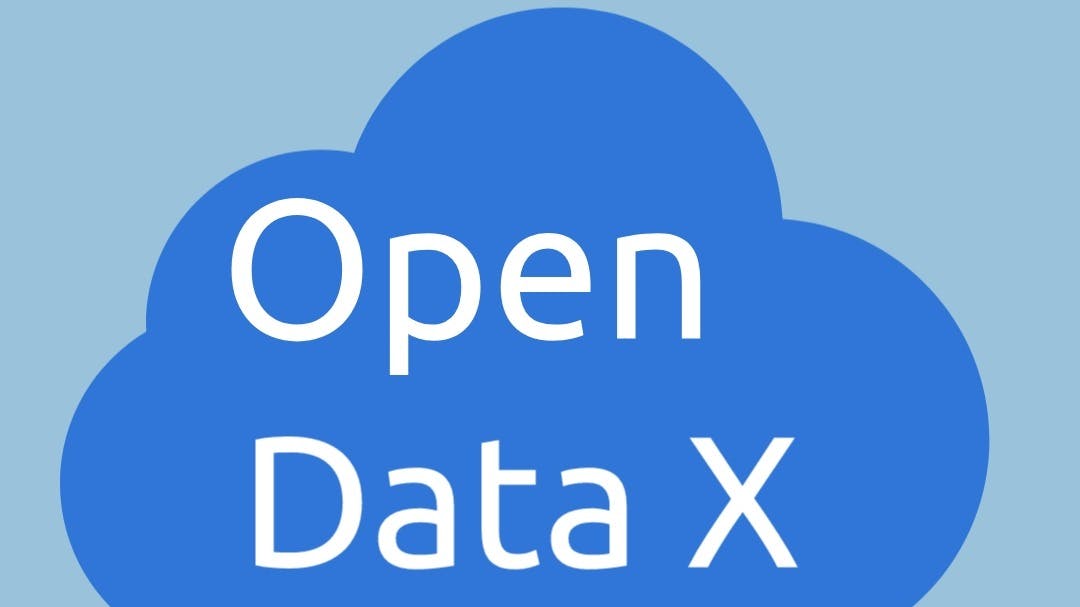530 reads
OpenData Explorer GPT: Unlocking Information through AI
by
December 6th, 2023
Audio Presented by
Software Engineer 💻 | Open Source Contributor 🌐 | Electrical and Computer Engineer ⚡
Story's Credibility

About Author
Software Engineer 💻 | Open Source Contributor 🌐 | Electrical and Computer Engineer ⚡
